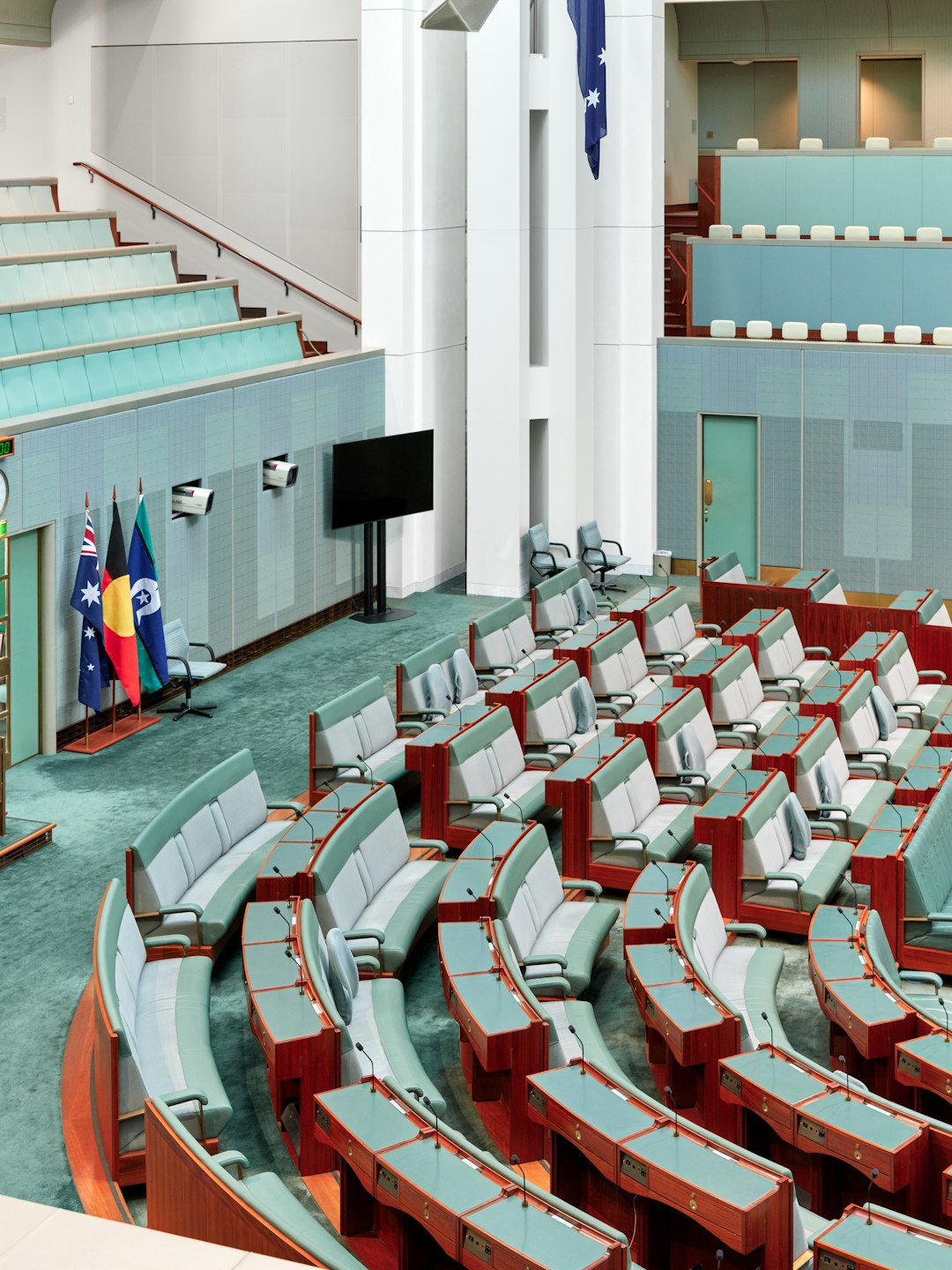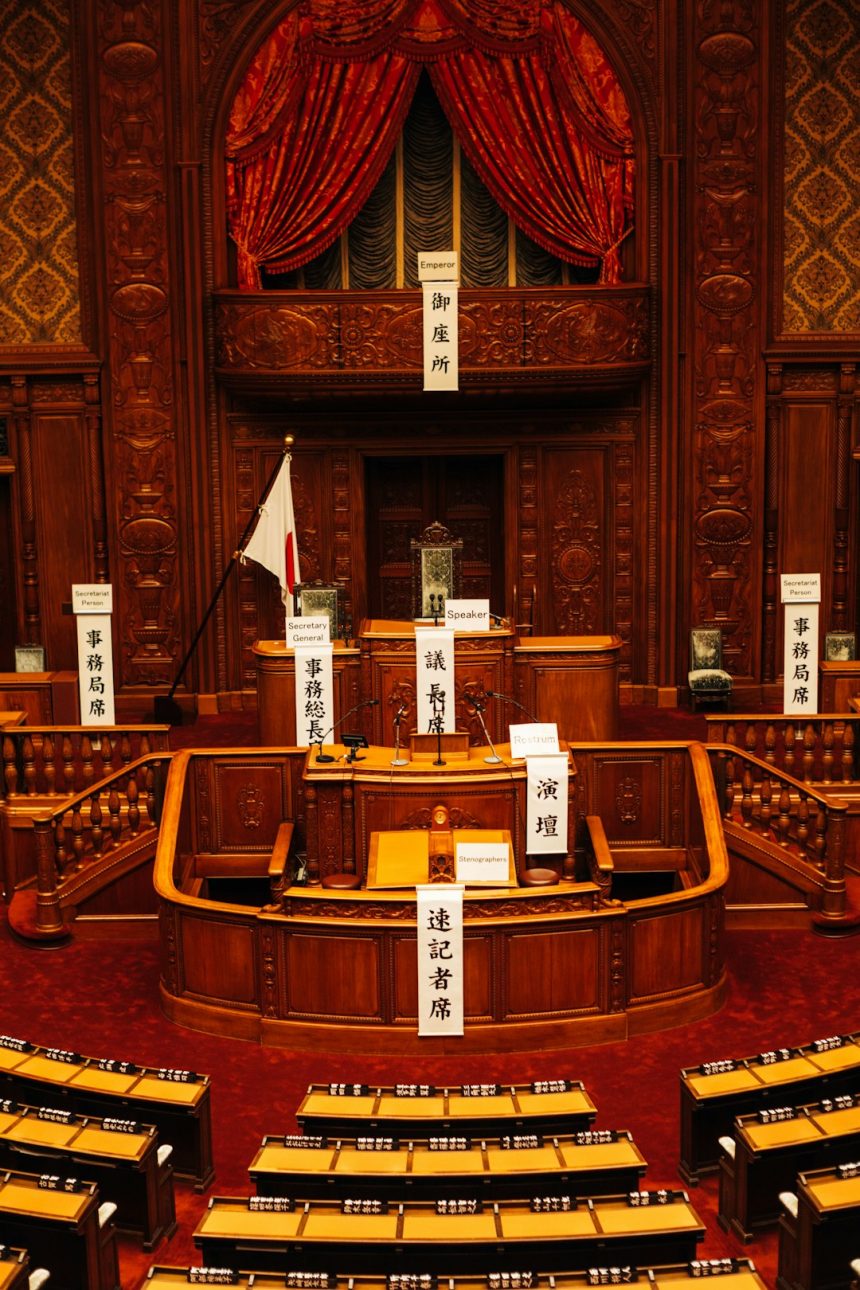In the study of government systems around the world, terms like “bicameral” and “unicameral” often come up. These refer to how a country’s legislature is structured. Many are familiar with bicameral systems, consisting of two separate chambers, like the U.S. Congress with its House of Representatives and Senate. However, less attention is often paid to unicameral systems — and yet, they are just as important and, in some cases, arguably more efficient.
TL;DR: A unicameral legislature is a governmental system with only one legislative or parliamentary chamber. It can streamline decision-making, reduce costs, and simplify governance processes. While it may lack the checks and balances of a bicameral system, it is often more efficient and is well-suited for smaller or more homogeneous nations. Countries like Sweden and New Zealand have successful unicameral systems, proving that sometimes, one house really is enough.
What Does “Unicameral” Actually Mean?
The term unicameral is derived from Latin: “uni” meaning one, and “camera” meaning chamber. In governance, a unicameral system refers to a legislature with only one legislative body or house. This single chamber is responsible for creating, amending, and passing laws.
Unicameral legislatures are found in various countries, regions, and even U.S. states. Perhaps most famously, the state of Nebraska operates under a unicameral system, having abolished its second chamber in 1937. Countries with successful unicameral national governments include:
- New Zealand
- Denmark
- Sweden
- Finland
- Hungary
In each of these cases, a key motivation for adopting a unicameral system was increased legislative efficiency.
How Does a Unicameral System Work?
In a unicameral legislature, all elected representatives sit in a single chamber. This singular body handles every aspect of the legislative process: introducing bills, debating laws, voting on legislation, and enacting government oversight. Since there’s just one group involved, the legislative process is generally quicker and more cohesive, with fewer institutional hurdles between policy idea and reality.
For example, if a bill needs to be passed quickly—say, an economic aid package or emergency health legislation—a unicameral setup allows for swift action without needing to bounce legislation back and forth between two houses.

Advantages of a Unicameral Legislature
There are several compelling reasons why unicameral legislatures may be a better fit for certain governments. These include:
- Efficiency in Legislation: With only one chamber debating and voting on proposals, unicameral systems streamline the legislative process considerably.
- Cost Reduction: Maintaining a second chamber means more salaries, offices, staff, and infrastructure. Eliminating one body results in substantial savings.
- Simplified Governance: Citizens and lawmakers alike benefit from a more straightforward legislative structure, improving transparency and potentially increasing civic engagement.
- Reduced Deadlock: Bicameral systems can lead to gridlock when the two chambers disagree. Unicameral legislatures avoid these power struggles.
- Enhanced Accountability: With only one chamber responsible for legislation, it’s easier to track decision-making and hold individuals accountable.
Potential Downsides of a Single Chamber
Despite their merits, unicameral systems are not without criticism. They can sometimes suffer from a lack of checks and balances that a second chamber might provide. Here are a few potential drawbacks:
- Concentration of Power: A single legislative body may lead to excessive power held by one party or political group.
- Less Deliberation: Without a second house to review and revise legislation, laws could be passed hastily or without sufficient scrutiny.
- Marginalization of Minorities: Bicameral systems often include mechanisms—like senates or upper houses—that protect minority interests or regional representation. A unicameral legislature may overlook these nuances.
That said, many countries using unicameral systems institute internal checks such as independent judiciaries, bipartisan committees, or multiple readings of each bill before passage to mitigate these downsides.

When Is Unicameralism the Better Option?
Whether a nation should pursue a unicameral or bicameral system depends on a number of factors including population size, regional diversity, and historical context. Smaller or more homogeneous nations often benefit greatly from the efficiency and simplicity of a unicameral approach. Larger or more diverse countries may need the balanced representation a bicameral system provides.
Here’s where unicameral legislatures make the most sense:
- Small Population: Fewer voters and legislators make a single chamber adequate for representing the populace.
- Homogeneous Society: Less diversity often means fewer competing regional or ethnic identities that need distinct representation.
- Desire for Reform: Countries seeking to reduce bureaucracy and governmental expenses often look to streamline legislature into one efficient body.
Case Study: Nebraska’s Unicameral Approach
Among the U.S. states, Nebraska stands out for its unique legislative structure. Since 1937, it has operated with a single-house legislature known as the Nebraska Legislature or simply the “Unicameral.” This move was advocated by then-Senator George Norris who viewed the two-house model as inefficient and redundant. Nebraska’s unicameral legislature is also nonpartisan, meaning candidates are not listed with party affiliations on ballots, which further influences collaboration and accountability.
Over the years, Nebraska’s approach has earned praise for transparency, cost-effectiveness, and legislative clarity. While it’s not a model every state or nation can follow, Nebraska illustrates how a unicameral system can work effectively within a federal framework.
Conclusion: One House Might Be All You Really Need
Unicameral legislatures offer a streamlined, efficient approach to governance that can save money and improve accountability. Though not suitable for every political context, they shine in nations or states where simplicity and transparency are prioritized. From Scandinavia to the American Midwest, the unicameral model has proven that sometimes, one good house is more effective than two competing ones.
FAQ
-
Q: What is the main difference between unicameral and bicameral legislatures?
A: A unicameral legislature has only one legislative chamber, whereas a bicameral legislature has two (typically an upper and a lower house). -
Q: Which countries use unicameral systems?
A: Examples include New Zealand, Sweden, Denmark, and Finland. These countries have relatively small populations and strong political institutions. -
Q: Is a unicameral system more democratic?
A: It can be, depending on how it is implemented. It simplifies decision-making and can make lawmakers more accountable, but it can also concentrate power if not balanced properly. -
Q: Why doesn’t every country use a unicameral system?
A: Larger or more diverse countries often prefer bicameral systems to ensure broader representation and include checks and balances in governance. -
Q: Can a country switch from bicameral to unicameral?
A: Yes, though it requires constitutional or legislative reform. For example, Nebraska made such a switch in the 1930s.




